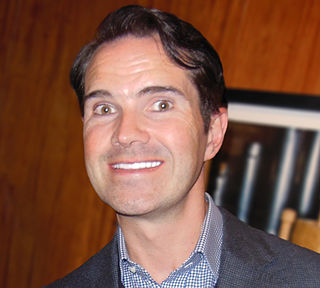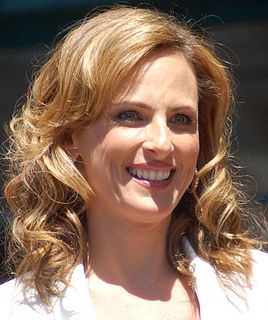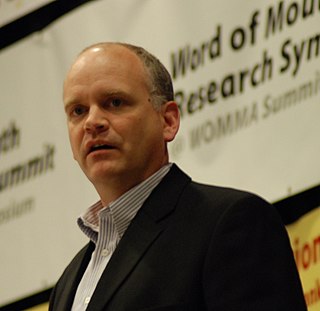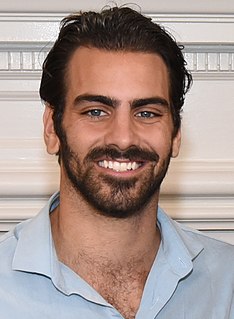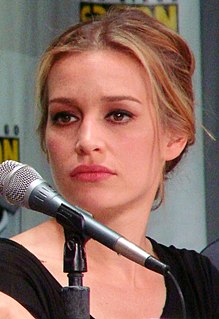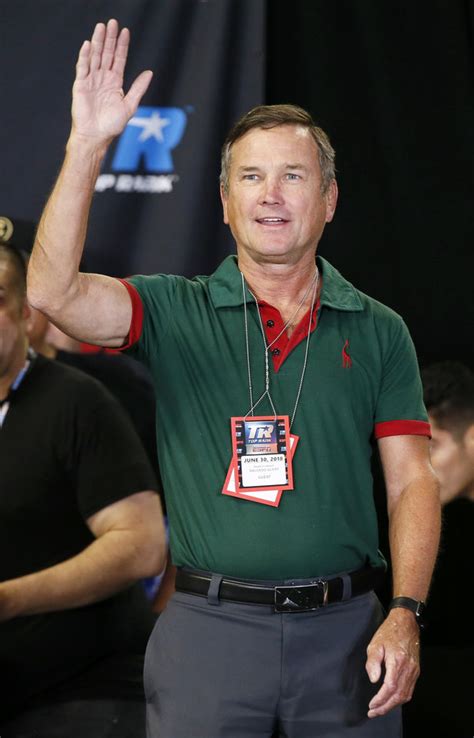A Quote by Jimmy Carr
Say what you want about the deaf.
Quote Topics
Related Quotes
I'm a proud person who happens to be deaf. I don't want to change it. I don't want to wake up and suddenly say, 'Oh my God, I can hear.' That's not my dream. It's not my dream. I've been raised deaf. I'm used to the way I am. I don't want to change it. Why would I ever want to change? Because I'm used to this, I'm happy.
If someone says: "I don't want to have a cochlear implant, because I want my child to grow up with a rich sense of deaf culture," he must acknowledge that the deaf culture that exists in the world today has a different scale than the deaf culture that's likely to exist in the world 50 years from now.
I lay in bed the night before the fishing trip and thought it over, about my being deaf, about the years of not letting on I heard what was said, and I wonder if I can ever act any other way again. But I remembered one thing: it wasn't me that started acting deaf; it was people that first started acting like I was too dumb to hear or see or say anything at all.
I tell cold callers I'm very interested but a bit deaf, my hearing aid is not working properly and can they speak up. The idea is to deliberately miss-hear what they say, ask them to repeat, only louder, and see how loud I can get them to shout. After a while I say "I'm not really deaf" and was just wasting their time, as they were doing with me.
